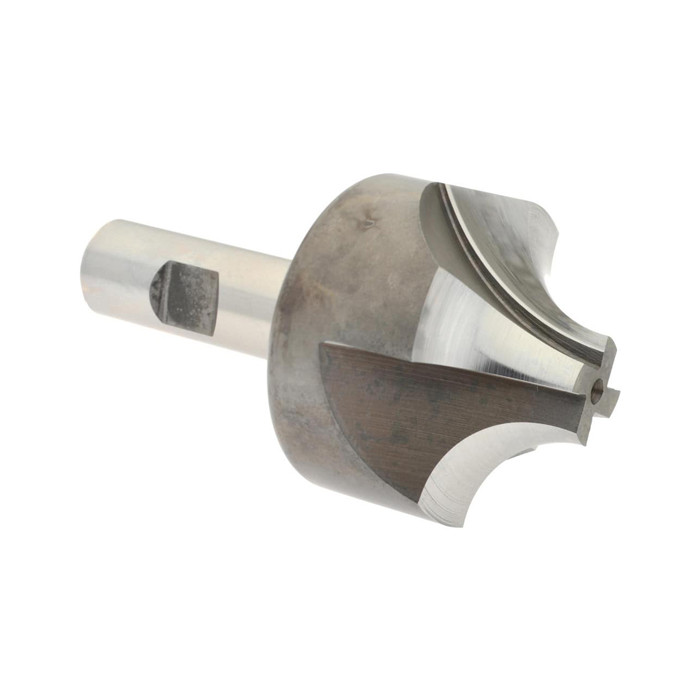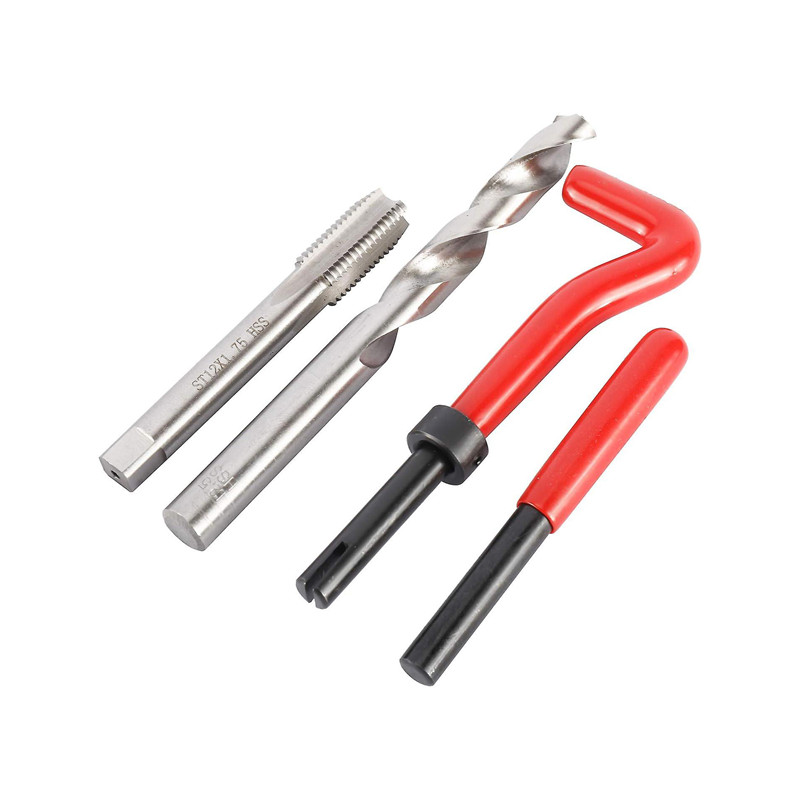ccmt insert Supplier
Looking for a reliable CCMT insert supplier? This comprehensive guide explores key factors to consider when selecting a supplier, different types of CCMT inserts, common applications, and essential quality considerations. We'll also provide tips on how to optimize your purchasing process and get the best value for your investment.
Understanding CCMT Inserts
CCMT inserts are a type of indexable cutting tool commonly used in turning operations. The 'CCMT' designation refers to the insert's shape and geometry as defined by ISO standards. Understanding these specifications is crucial for selecting the right insert for your specific machining needs.
Key Features of CCMT Inserts
- Shape: C-shaped (80-degree diamond)
- Clearance Angle: 7 degrees (C)
- Tolerance: M-class (Moderate)
- Hole: With a hole (T)
Factors to Consider When Choosing a CCMT Insert Supplier
Selecting the right CCMT insert supplier is critical for ensuring the quality, performance, and cost-effectiveness of your machining operations. Here are some key factors to consider:
Product Quality and Consistency
The quality of CCMT inserts directly impacts machining accuracy, surface finish, and tool life. Look for suppliers that offer:
- High-quality materials: Inserts made from premium carbide grades offer superior wear resistance and toughness.
- Precise manufacturing: Consistent dimensions and geometries are essential for reliable performance.
- Stringent quality control: Suppliers should have robust quality control processes in place to ensure consistent product quality.
Product Range and Availability
A comprehensive product range ensures you can find the right CCMT inserts for your specific applications. Consider suppliers that offer:
- Various grades and coatings: Different materials and coatings are suitable for machining different materials.
- Different sizes and geometries: Choose inserts with the appropriate dimensions and shapes for your tooling and machining parameters.
- Good stock availability: Reliable stock levels minimize downtime and ensure timely delivery.
Pricing and Payment Terms
While quality is paramount, cost is also an important consideration. Evaluate suppliers based on:
- Competitive pricing: Compare prices from different suppliers to ensure you're getting a fair deal.
- Flexible payment terms: Choose suppliers that offer payment options that suit your business needs.
- Volume discounts: If you purchase in bulk, inquire about volume discounts.
Technical Support and Expertise
A knowledgeable supplier can provide valuable technical support to help you select the right CCMT inserts and optimize your machining processes. Look for suppliers that offer:
- Expert advice: Technical support staff should be able to answer your questions and provide recommendations.
- Application guidance: Suppliers should be able to help you select the best inserts for your specific applications.
- Troubleshooting assistance: Suppliers should be able to help you troubleshoot any issues you may encounter.
Shipping and Delivery
Timely and reliable shipping is crucial for minimizing downtime. Consider suppliers that offer:
- Fast delivery times: Choose suppliers that can deliver your inserts quickly.
- Secure packaging: Ensure inserts are properly packaged to prevent damage during shipping.
- Reliable shipping partners: Suppliers should work with reputable shipping companies.
Common Applications of CCMT Inserts
CCMT inserts are widely used in various turning operations, including:
- External turning: Machining the outer diameter of a workpiece.
- Internal turning (boring): Machining the inner diameter of a hole.
- Facing: Machining the end face of a workpiece.
- Profiling: Creating complex shapes on a workpiece.
- Threading: Cutting threads on a workpiece.
Choosing the Right Grade and Coating
The grade and coating of a CCMT insert significantly impact its performance. Here’s a breakdown of common options:
Carbide Grades
Carbide grades are classified based on their hardness and toughness. Common grades include:
- P-grades: Suitable for machining steel and cast steel.
- M-grades: Suitable for machining stainless steel and heat-resistant alloys.
- K-grades: Suitable for machining cast iron and non-ferrous metals.
Coatings
Coatings enhance wear resistance, reduce friction, and improve chip flow. Common coatings include:
- TiN (Titanium Nitride): General-purpose coating for increased wear resistance.
- TiCN (Titanium Carbonitride): Improved wear resistance and toughness compared to TiN.
- AlTiN (Aluminum Titanium Nitride): Excellent heat resistance for high-speed machining.
- CVD Diamond: Extremely hard coating for machining abrasive materials.
Optimizing Your Purchasing Process
Here are some tips for optimizing your CCMT insert purchasing process:
- Forecast your needs: Accurately forecast your insert requirements to avoid stockouts.
- Negotiate pricing: Don't be afraid to negotiate prices with suppliers, especially for bulk orders.
- Consolidate your orders: Consolidating orders can help you save on shipping costs.
- Evaluate supplier performance: Regularly evaluate supplier performance to ensure you're getting the best value.
Finding a Reliable CCMT Insert Supplier Like Wayleading Tools
Sourcing CCMT inserts requires careful consideration. Look for suppliers like Wayleading Tools, a company committed to providing high-quality cutting tools, comprehensive product range, and excellent customer support. When you are selecting your CCMT insert supplier, remember to evaluate the factors discussed above – product quality, range, pricing, technical support, and shipping – to make an informed decision that aligns with your business needs.
Quality Control and Assurance
Quality control is paramount in the manufacturing of CCMT inserts. Reputable suppliers implement rigorous testing procedures to ensure that their products meet the required standards. These tests may include:
- Dimensional accuracy checks: Ensuring inserts conform to specified dimensions.
- Hardness testing: Verifying the hardness of the carbide material.
- Coating thickness measurement: Ensuring the coating is applied to the correct thickness.
- Microstructure analysis: Examining the microstructure of the carbide material to ensure its integrity.
The Future of CCMT Inserts
The cutting tool industry is constantly evolving, with new materials, coatings, and geometries being developed all the time. Expect to see continued advancements in CCMT insert technology, including:
- Improved carbide grades: New carbide grades with enhanced wear resistance and toughness.
- Advanced coatings: Coatings with improved heat resistance and lubricity.
- Optimized geometries: Geometries designed for specific machining applications.
By staying informed about the latest developments in CCMT insert technology, you can ensure that you're always using the best tools for the job.
Related products
Related products
Best selling products
Best selling products-
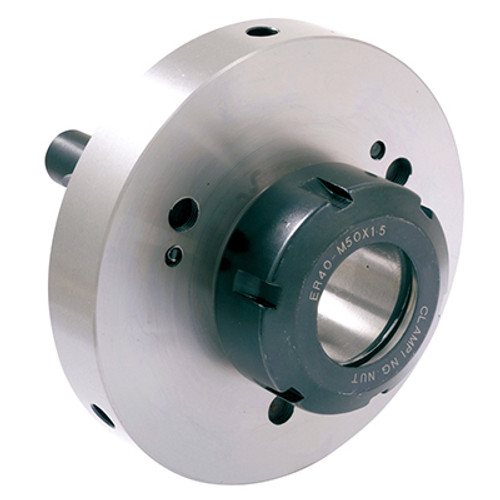 Camlock ER Collet Fixture With Lathe Collet Chuck
Camlock ER Collet Fixture With Lathe Collet Chuck -
 HSS Metric & Inch Woodruff Keyseat Cutter With Straight Or staggered Teeth
HSS Metric & Inch Woodruff Keyseat Cutter With Straight Or staggered Teeth -
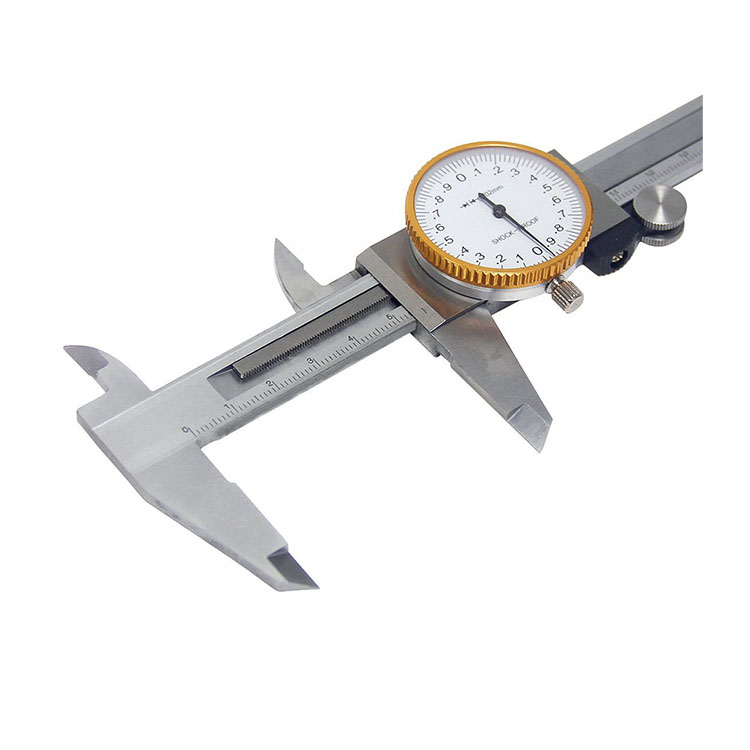 Precision Dial Caliper Of Metric & Imperial For Industrial
Precision Dial Caliper Of Metric & Imperial For Industrial -
 DIN333A HSS Center Drills With Milled & Fully Ground Flute
DIN333A HSS Center Drills With Milled & Fully Ground Flute -
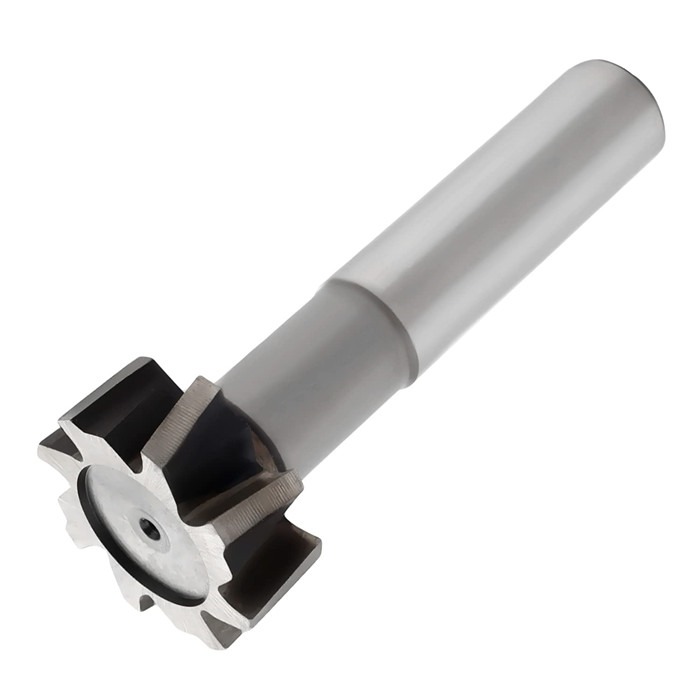 HSS Metric & Inch T Slot End Mill For Industrial
HSS Metric & Inch T Slot End Mill For Industrial -
 Metric HSS Annular Cutters With Weldon Shank For Metal Cutting
Metric HSS Annular Cutters With Weldon Shank For Metal Cutting -
 HSS Metric & Inch Dovetail End Mill With 45 And 60 Degree For Industrial
HSS Metric & Inch Dovetail End Mill With 45 And 60 Degree For Industrial -
 Precision V Block Set With M Type
Precision V Block Set With M Type -
 Auto Self Reversible Tapping Chuck In Drill Machine
Auto Self Reversible Tapping Chuck In Drill Machine -
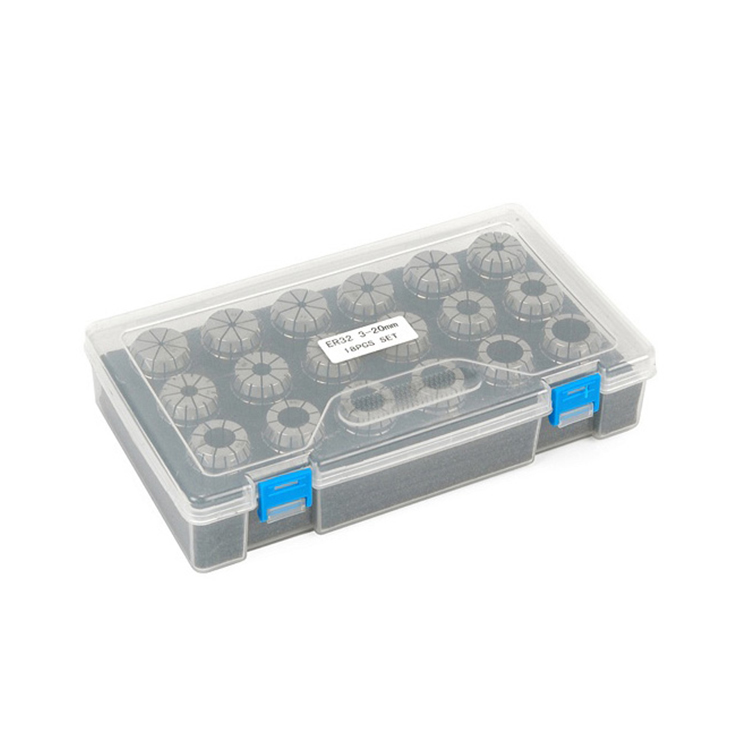 ER Collet Set With Hight Precision Milling
ER Collet Set With Hight Precision Milling -
 5C Hex Collet With Inch and Metric Size
5C Hex Collet With Inch and Metric Size -
 HSS Inch 4 Flute End Mills With Bright Or TiN And TiAlN Coated
HSS Inch 4 Flute End Mills With Bright Or TiN And TiAlN Coated




